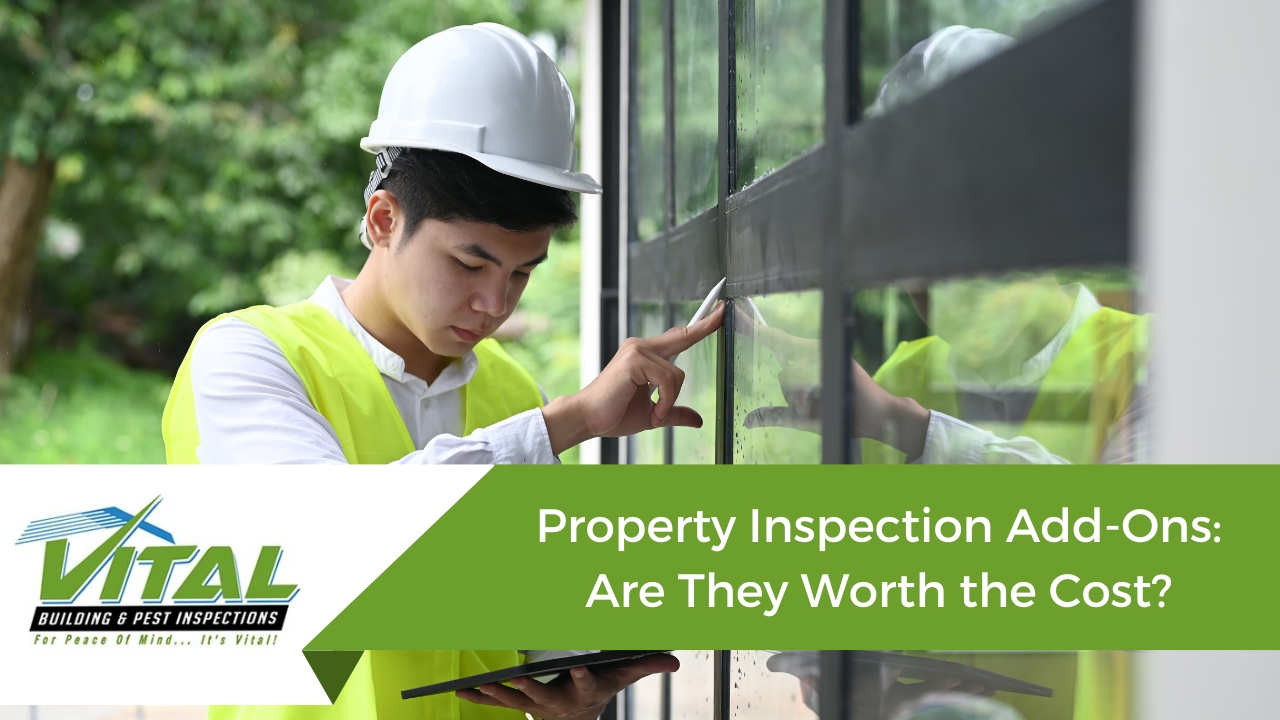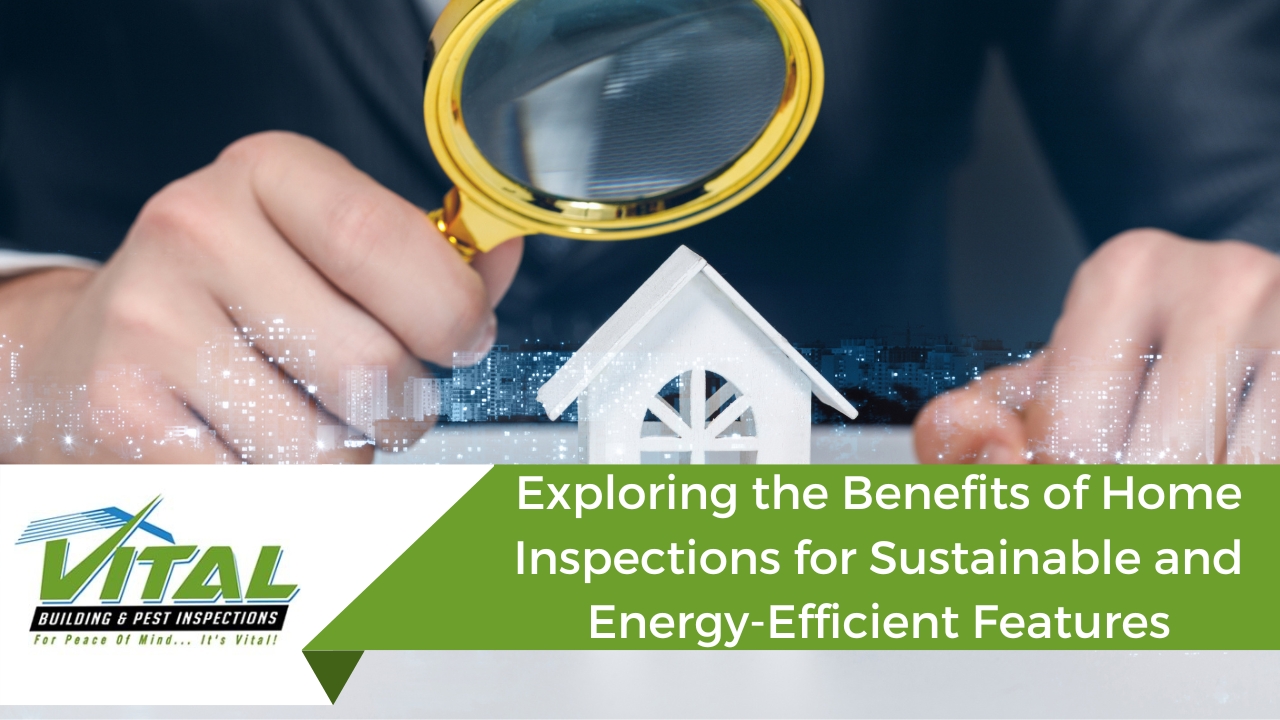Understanding the process of selling or buying real property
Whether you are buying or selling a house, you should be able to understand the whole real estate process. This will ensure that everything goes smoothly once you identify a potential property. Finding the right place could already take a while, but your real estate process does not end there. You may have a lot in store for you in this journey, so familiarising yourself with each step is essential.
If you’re looking to sell a property, the Fair Trading department of the NSW Government has a guide to the sale process. On the other hand, a comprehensive guide to buying a house is also available from Housing NSW.
The real estate process may be overwhelming. To get you started, here’s a summary of the crucial aspects involved in the process in New South Wales.
1. Real estate contract review
It goes without saying that before securing any kind of deal, you must thoroughly review of the terms and conditions first. The same applies to dealing with properties and must be taken as the first step in the entire real estate process.
Whenever a property is offered for sale, the seller must always prepare the contract of sale together with specific documents like the ones listed below:
- Section 149 Certificate – this is issued by the local council and details the zoning of the property as well as other information about it.
- A diagram of the property’s sewerage system
- Title Folio – this is issued by the Land and Property Information NSW.
- Relevant documents pertaining to easements or restrictive covenants
- A cooling-off statement
- A notice informing all parties to refer to the Conveyancing Act 1919 (Section 52A) and the Conveyancing (Sale of Land) Regulation 2020
- Copies of the strata plan and folio of the Register for the lot and common property – This is only applicable if the property is a strata unit.
Any missing information may entitle the buyer to cancel the contract within 14 days of contract exchange.
This first step is also your chance to review and investigate the property. You may get advice from a solicitor and other experts like a financial adviser to help guide you in the entire real estate process. If you have any special conditions or would like to negotiate certain parts of the real estate contract, then all of these should be done during this part of the process.
2. Building inspection request
If you are buying a property, it is important to get it inspected to ensure that the asking price is at par with what you are purchasing. In addition, a pre-purchase building inspections report will confirm if the property is structurally sound. It should also help you budget and prepare for any repairs and renovations in case these are needed. The bottom line is a building inspection will give you transparency and peace of mind with your purchase.
Some of the common aspects that are covered in building inspections are the following:
- Issues on the foundation
- The state of the building facade
- Status of the kitchen and bathrooms
- The possible presence of pests
Inspection inclusions vary from company to company. Make sure to get the best choice of inspectors and check for their turnaround time for the report.

3. Exchange of contract
Once you have conferred with your advisors and once you have a building inspection report, finalising and exchanging contracts will legalise the sale of the property. For the buyer, this is the time when you must make an offer. Make sure to get legal advice before you enter any contract in the real estate process. The NSW Fair Trading also warns against gazumping.
From the seller’s end, the contract exchange is considered a critical point due to the following reasons:
- Signed copies of the contract should be secured; otherwise, neither the buyer nor the seller is legally bound.
- The cooling off period refers to the time when the buyer can still change their mind and withdraw from the sale.
- Sellers are not entitled to a cooling off period and are bound to the agreements in the contract once the exchange is done.
- There is no cooling off period if you sell a property through an auction.
The date of the contract exchange is also the same date when the agent will request the deposit from the buyer.
4. Pre-settlement preparations
Your solicitor should iron out all the details leading up to your settlement day. Essential items to finalise during this step are the following:
- Payment: Make sure that all bank loan documentations are signed in case you are borrowing from an institution. Apart from this, the money should also be available on the date that has been agreed upon between the seller and the buyer.
- Prepare the necessary documents for the transfer and other documents for the transaction.
- Details of the settlement, i.e., the final time and the place.
5. Settlement
You are now at the completion of the transaction, also known as the settlement. The seller’s representative and the buyer’s representative are both present during the date of the settlement. Then, there is also a representative from the lending bodies of both parties. At the end of the settlement, the buyer gets the key to the property. The key can also be picked up from the estate agent as soon as the settlement is done.

Building inspections during the real estate process
The real estate process can be overwhelming and complicated. This is why you should not settle for anything less when it comes to your advisors and, more importantly, during the building inspection of your property.
At Vital Building Inspections Sydney, we value your peace of mind. We have over 20 years in building repairs and restorations, giving us the best eye during a building inspection. In addition, our team provides first-class customer service.
Call us now on 0401 012 074 to get more information about the coverage of our building inspection services.






